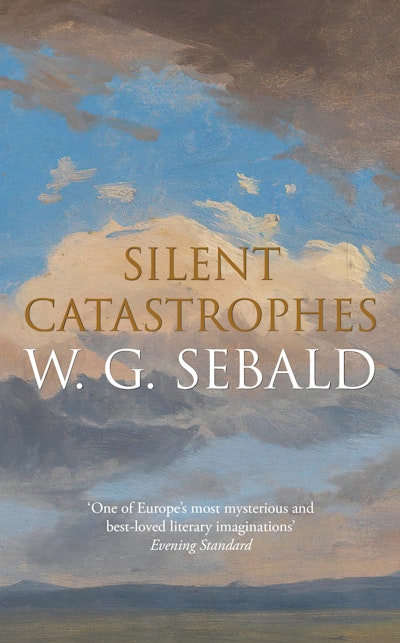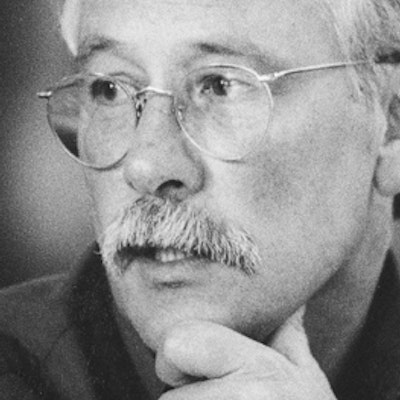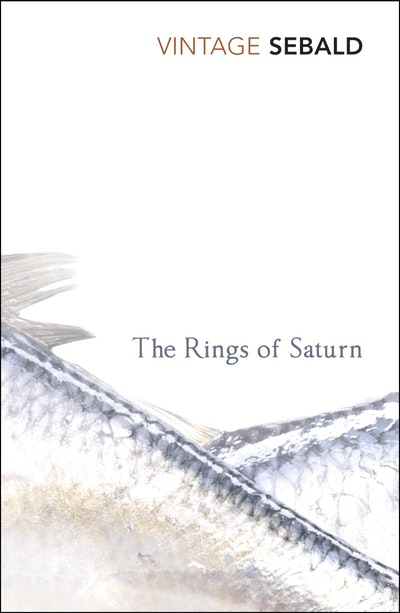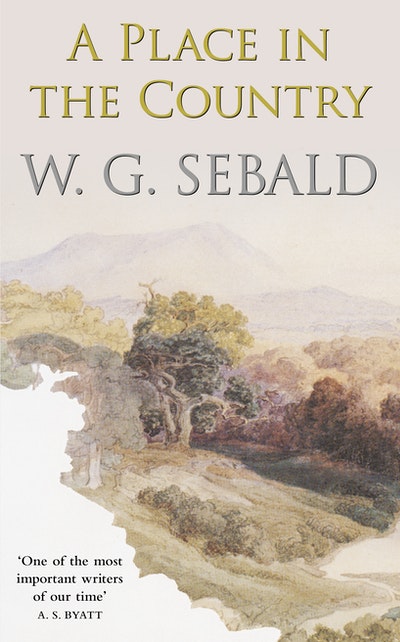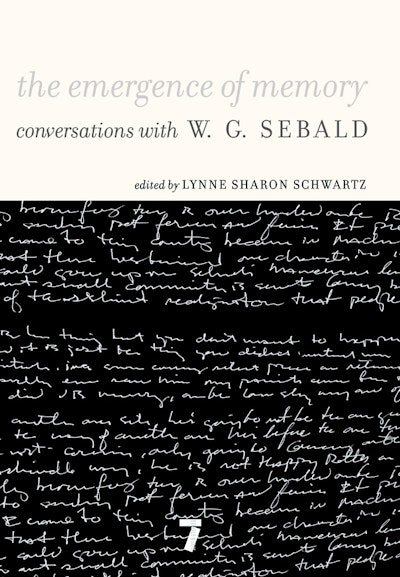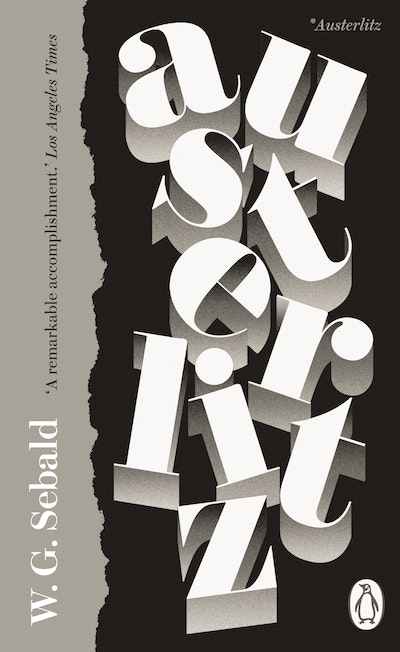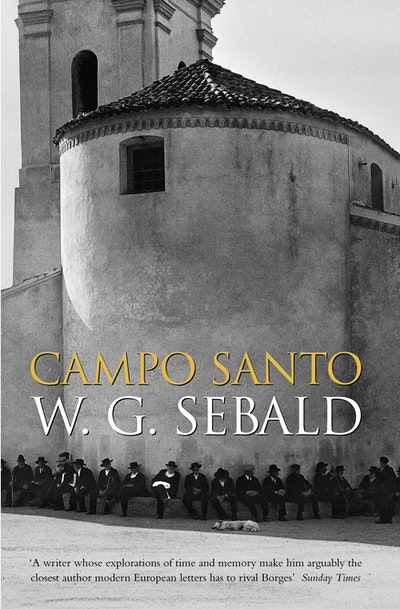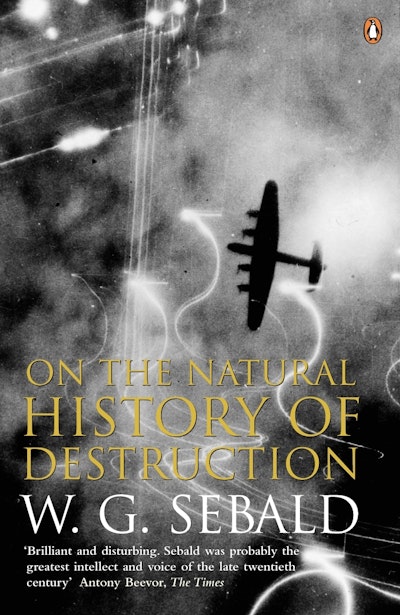Silent Catastrophes
Essays in Austrian Literature
- Published: 23 January 2025
- ISBN: 9780241965726
- Imprint: Penguin eBooks
- Format: EBook
- Pages: 544
Reading him feels like being spoken to in a dream . . . An extraordinary presence in contemporary literature
New Yorker
Sebald is surely a major European author . . . he reaches the heights of epiphanic beauty only encountered normally in the likes of Proust
Independent
Sebald is the Joyce of the 21st Century
The Times
Most writers, even good ones, write of what can be written. . . . The very greatest write of what cannot be written. . . . I think of Akhmatova and Primo Levi, for example, and of W. G. Sebald
New York Times
W.G. Sebald, the greatest writer of our time
Peter Carey
A profoundly affirming book about the potential for literature . . . Since his death in 2001 it has become increasingly clear that WG Sebald is not just a very good writer, but quite simply one of the few essential writers of this generation . . . Nobody captures the epitaph quality of pastoral as well as he did
The Scotsman
Fascinating . . . A group portrait of a country and an empire in crisis . . . The reader will soon find not only Sebald’s trademark concerns emerging but unexpected reflections on how we might navigate the end of empire and the rise of authoritarianism . . . For someone who may be feeling, in 2025, that their own homeland has become hostile and uncanny, there’s much here to help make sense of that feeling of eeriness, and a repeated attempt to chart some kind of path forward
New Republic
This book is full of strange and tender moments when Sebald’s feeling for his subject translates into scenes and images that might have come straight from Austerlitz or The Rings of Saturn . . . Sebald push[es] past literary history, criticism or biography to another, visionary realm
Art Review
Reading him feels like being spoken to in a dream... An extraordinary presence in contemporary literature
New Yorker on
A writer whose life and work has become a wonderful vindication of literary culture in all its subtle and entrancing complexity
Guardian
